Keywords: Offshore Detention
-
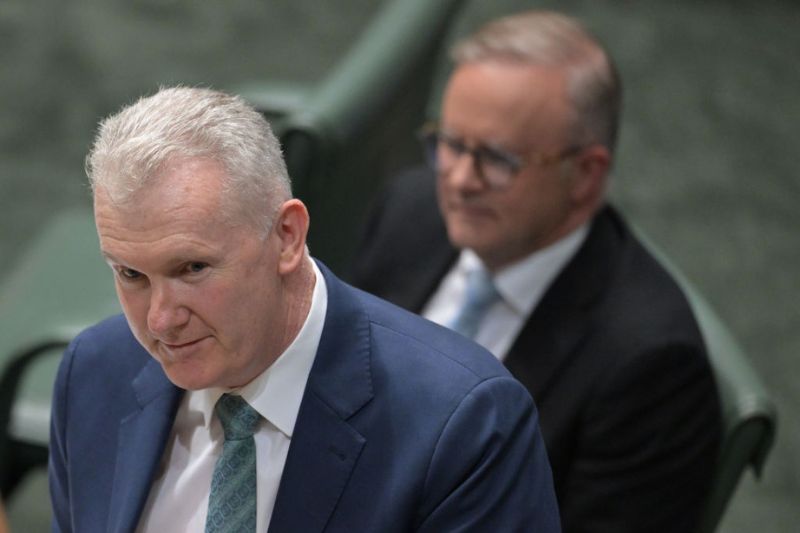
AUSTRALIA
- Frank Brennan
- 04 December 2024
1 Comment
When High Court rulings challenge government policy, they usually prompt reflection and refinement. But for the Federal Government, a recent decision on non-citizen rights has sparked a legislative overreach, mirroring the Opposition’s hardline stance.
READ MORE
-

INTERNATIONAL
- Robin Osborne
- 05 September 2024
1 Comment
Pope Francis has frequently voiced sympathy for refugee concerns and before leaving on this trip, he reaffirmed his call for safe migration pathways for people fleeing their own countries for fear of persecution, describing any refusal to harbour asylum seekers as a ‘grave sin’.
READ MORE
-
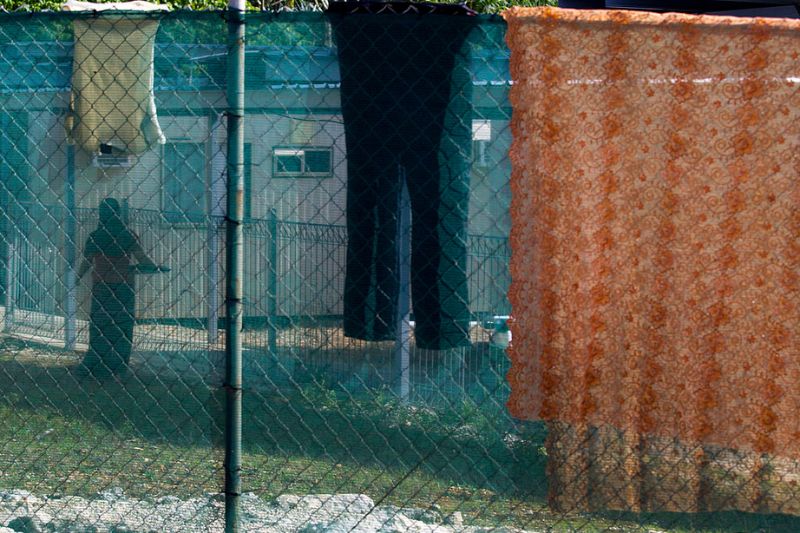
AUSTRALIA
- Andrew Hamilton
- 22 February 2024
If the treatment of persons is unethical, it will inevitably lead to ethical corruption in the people and the institutions involved in administering it. It is almost impossible to participate in a policy based on such unethical premises without being complicit in it. If we do, we become blinded to what we owe one another by virtue of being human.
READ MORE
-
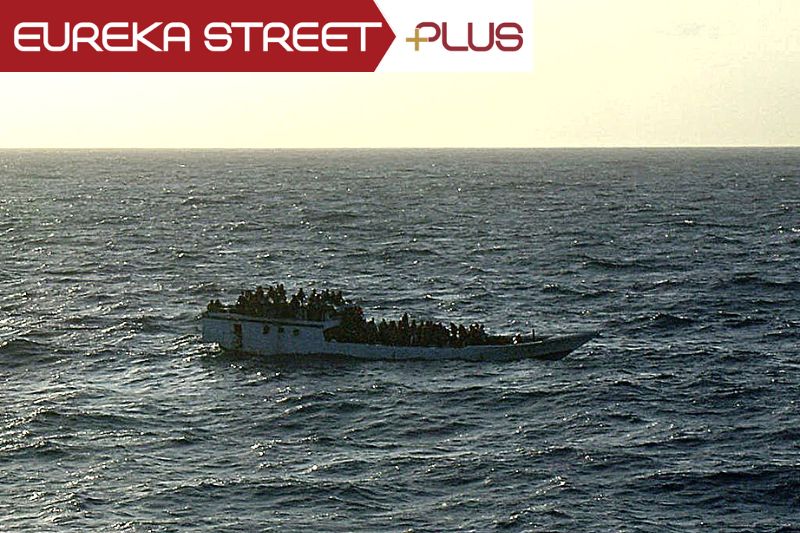
AUSTRALIA
- Kerry Murphy
- 04 January 2024
Throughout recent decades of Australian history, the stance every government has taken on asylum seekers has reflected the shifting political landscapes and challenging humanitarian issues that have continually shaped Australia's response to those seeking refuge.
READ MORE 
-

AUSTRALIA
- Kerry Murphy
- 28 July 2023
How has Australia's asylum seeker policy changed over the past thirty years? The approach of every government has reflected the shifting political landscapes and challenging humanitarian issues that have continually shaped Australia's response to those seeking refuge.
READ MORE 
-
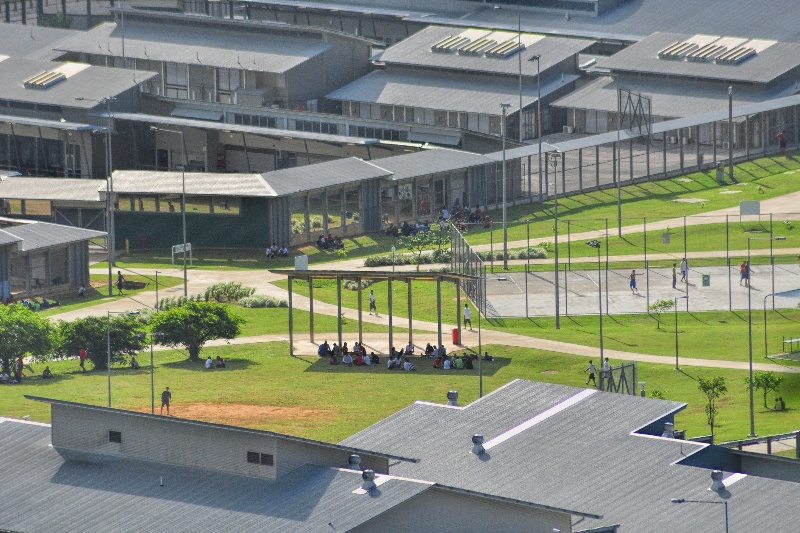
AUSTRALIA
- Farhad Bandesh
- 14 December 2022
3 Comments
My name is Farhad Bandesh. For seven-and-a-half years I was not called by my name. The Australian Federal Government took it away and changed my identity to a number. I was COA 060. I am Kurdish and we are a persecuted people.
READ MORE 
-
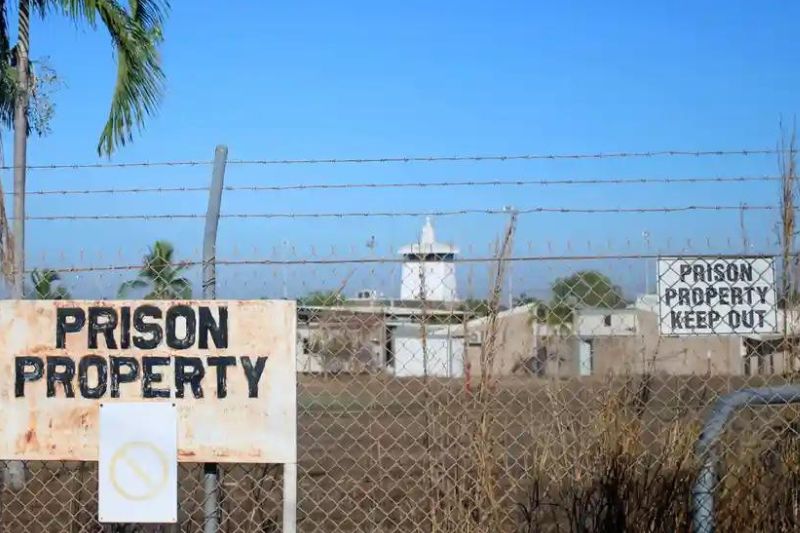
AUSTRALIA
- Binoy Kampmark
- 17 November 2022
1 Comment
Australia’s ratification of the Optional Protocol to the Convention Against Torture and other Cruel, Inhuman or Degrading Treatment or Punishment (OPCAT) came about as a reaction to the abuses recorded at the Northern Territory’s Don Dale youth prison. To monitor compliance with OPCAT, UN independent inspection teams are permitted to conduct unannounced visits to any place where people are deprived of liberty. But on October 24, a Corrective Services NSW spokesperson announced that inspection teams were ‘refused entry without incident’.
READ MORE 
-
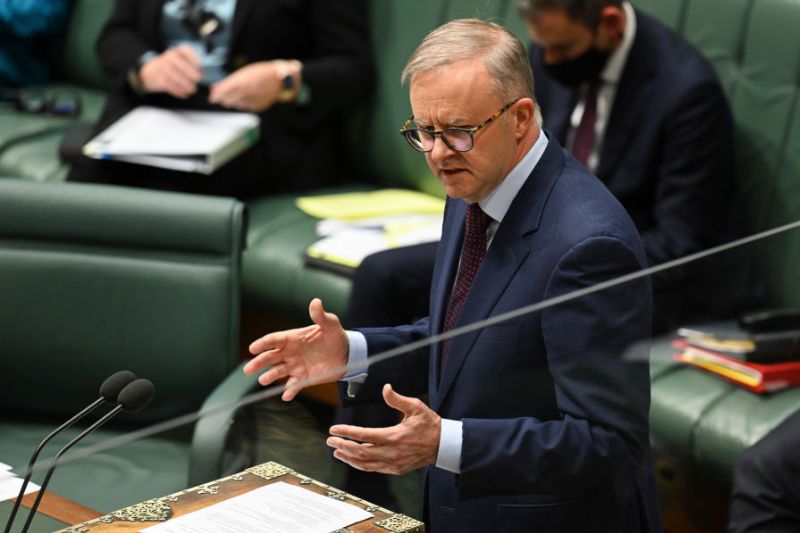
AUSTRALIA
- Frank Brennan
- 28 October 2022
6 Comments
In recent years, Australian policies in relation to asylum seekers and refugees have been unnecessarily mean, cruel and disorganised. The election of the Albanese government provides the opportunity for a reset, putting behind us the past mistakes of both Coalition and Labor Governments in the last 20 years.
READ MORE 
-
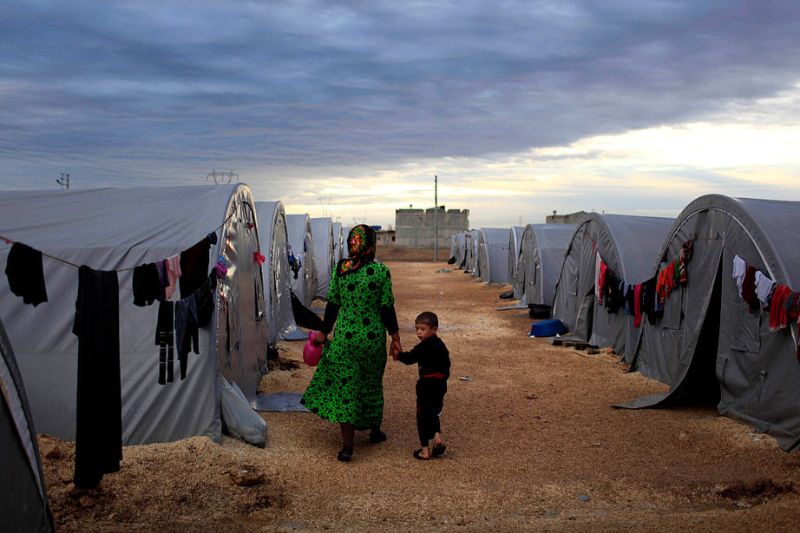
AUSTRALIA
- Andrew Hamilton
- 21 September 2022
1 Comment
July marked the tenth anniversary since offshore refugee processing was introduced in Australia, a step that marked a change in Australian policy from an uneasy balance between respect for people in need and the pressure to deter further arrivals. The principle of deterrence is deeply corrupting because it is based on the conviction that it is acceptable to punish one group of people in order to deter others.
READ MORE 
-
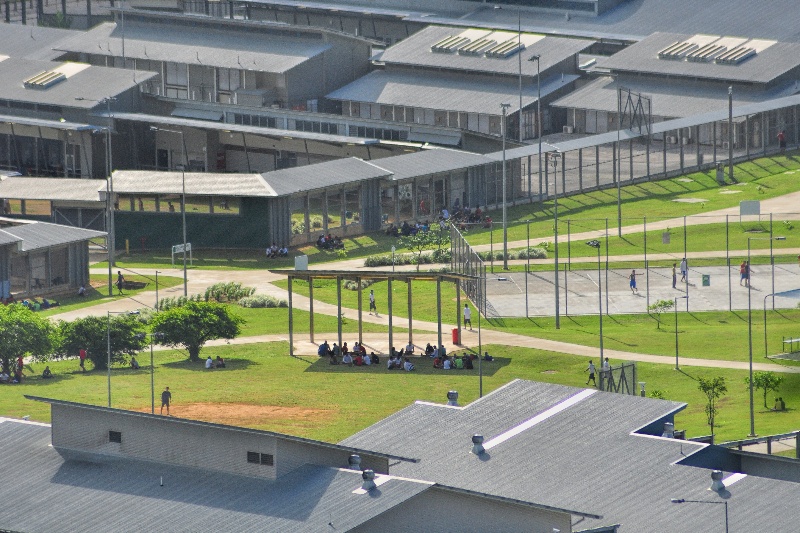
AUSTRALIA
- Maeve Elrington
- 02 August 2022
3 Comments
Former detainee, Kurdish-Iranian refugee Mostafa ‘Moz’ Azimitabar, seeks compensation from the Federal Government for what he alleges was unlawful detention. Detained offshore in Papua New Guinea (PNG) and in Australia for almost eight years, Moz is seeking compensation in the Federal Court of Australia for the physical and emotional toll of his detention, particularly from the final 14 months of detention in two Melbourne based hotels.
READ MORE 
-
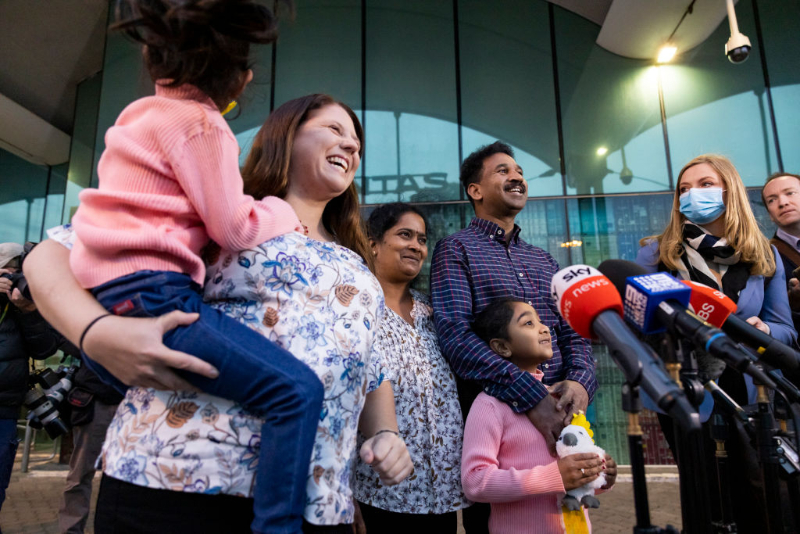
AUSTRALIA
- Binoy Kampmark
- 09 June 2022
9 Comments
In Australia’s treatment of refugees and asylum seekers, notably those arriving by boat, compassion and fairness have rarely threatened a policy deemed cruel, costly and ineffective. The fate of the Muragappan family has been a continuous, scandalising flashpoint about the nature of Australia’s border protection policies.
READ MORE 
-

AUSTRALIA
- Kerry Murphy
- 02 June 2022
7 Comments
The case of the Murugappan family illustrates the punitive and puritanical approach of the previous government towards human beings arriving in Australia by boat and then seeking asylum. The tone of each message clearly reflects totally different attitudes towards the people affected, with special note of the fact that Minister Chalmers rang the family to tell them, and then rang people in Biloela to pass on the news.
READ MORE 